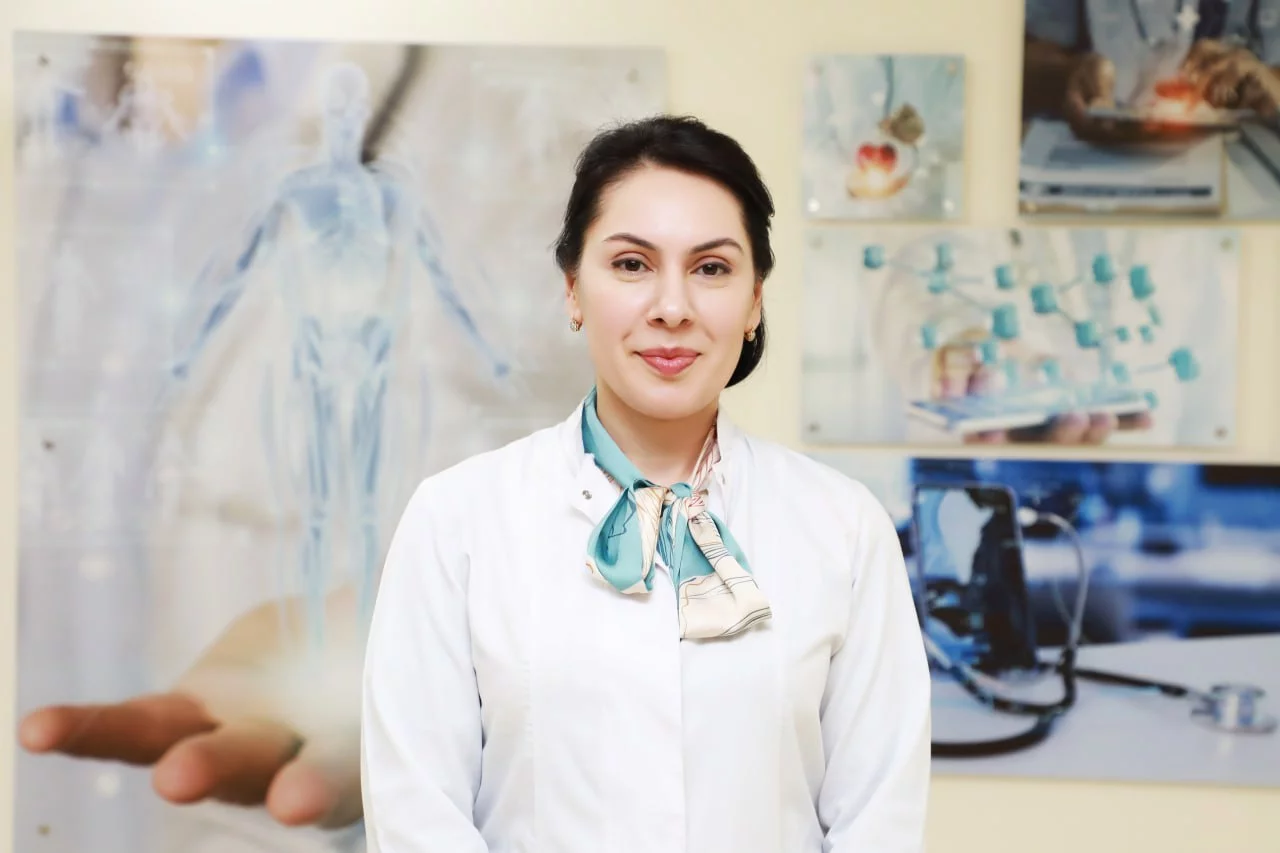
Photo: Ministry of Health
The first three months of pregnancy are a very responsible period for the health of both the mother and the unborn child. Therefore, it is extremely important for women to undergo appropriate medical examinations in a timely manner during this period. This will prevent the development of congenital and hereditary diseases in the fetus.
So, what screening tests should pregnant women undergo?
Zarina Egamova, deputy chief physician of maternity complex No. 4 in Tashkent, provided information about this.
— Prenatal, that is, prenatal screening, can assess the health of the fetus and identify the risk of developing genetic diseases, — says the specialist. — The main goal is to prevent babies from being born with birth defects and hereditary (chromosomal) diseases.
Pregnant women undergo two-stage prenatal screening examinations.
At the first stage, expectant mothers are covered by a mass ultrasound examination. During this time, those whose fetuses have been diagnosed with birth defects are included in the “risk group”. Such examinations are carried out three times in the prenatal screening room of the district (city) central multidisciplinary polyclinics.
The first examination is carried out at 10-14 weeks of pregnancy, the second at 16-20 weeks, and the third at 28-32 weeks to detect birth defects and assess the functional state of the fetus.
What should women who are classified as “at risk” according to the results of the first-stage screening do?
They undergo a second-stage prenatal examination at the regional branches of the Mother and Child Screening Department of the Republican Specialized Scientific and Practical Medical Center for Maternal and Child Health at 16-20 weeks of pregnancy. At this time, the woman takes a referral from the polyclinic to this institution and a copy of her medical record with the results of previous prenatal ultrasound examinations.
Here, ultrasound, biochemical screening examinations and, depending on the results, invasive examination methods (chorionic biopsy, placentocentesis, cordocentesis) are performed, and then genetic analysis of fetal cells and other examinations are performed.
As a result of the second-stage prenatal screening, the expectant mother is given a medical and genetic conclusion.
If the fetus has congenital malformations and hereditary (chromosomal) diseases, the woman is sent to the appropriate polyclinic with a medical-genetic conclusion. This conclusion is submitted to the Medical Advisory Commission of the district (city) multidisciplinary central polyclinics for consideration.
The commission provides the pregnant woman and her close relatives with complete information about the results of prenatal screening examinations, the identified congenital malformations and their future consequences, treatment methods and the level of risks associated with them, possible medical procedures and their effectiveness.
Only after this can the pregnant woman and her close relatives make a decision that is in their best interest.
In this regard, expectant mothers should pay serious attention to the timely passage of each examination during pregnancy. Read “Zamin” on Telegram!
Ctrl
Enter
Found a mistake?
Select the phrase and press Ctrl+Enter Related news
Information
Users of Меҳмон are not allowed to comment this publication.
Users of Меҳмон are not allowed to comment this publication.














